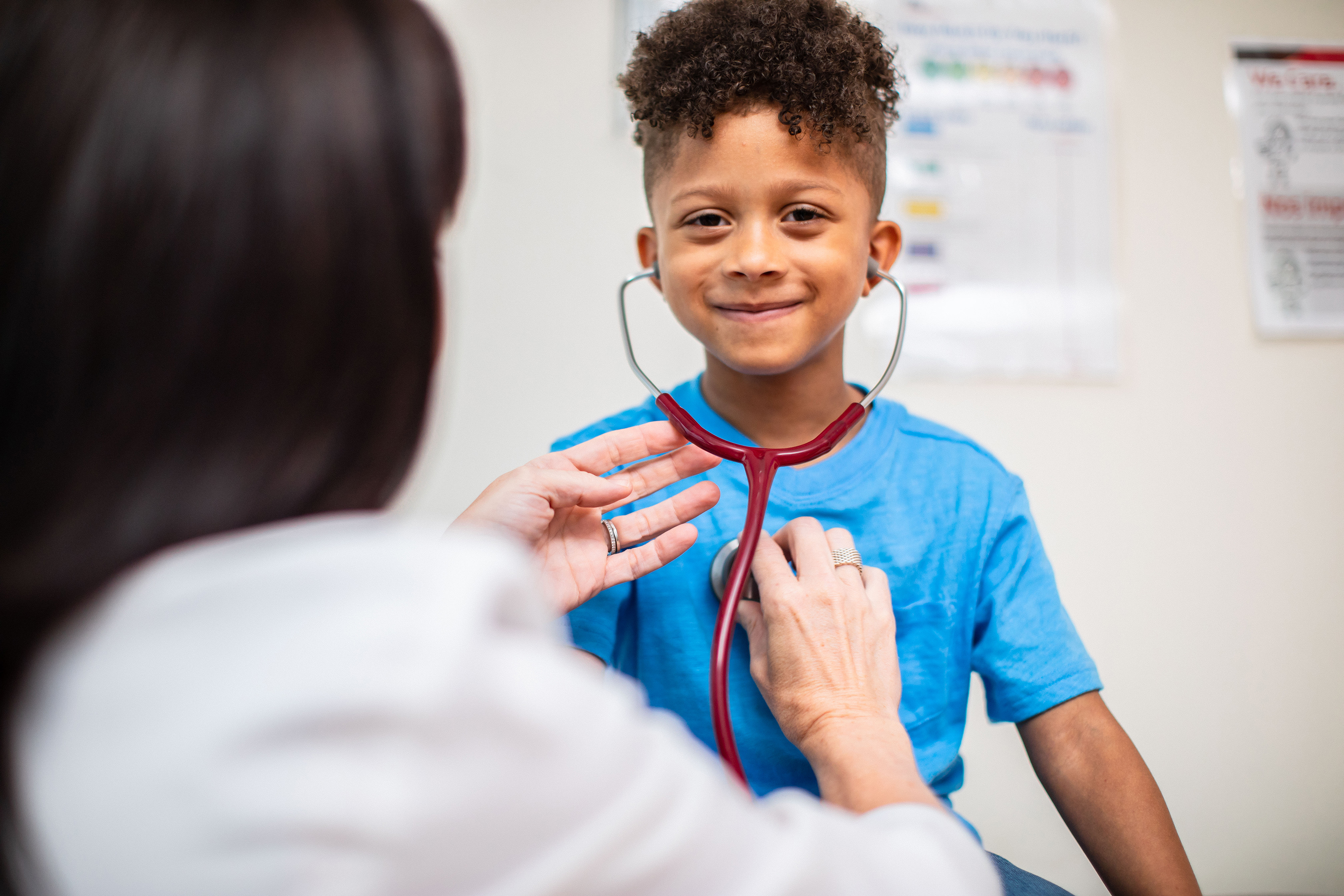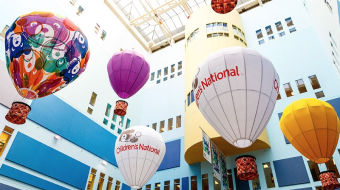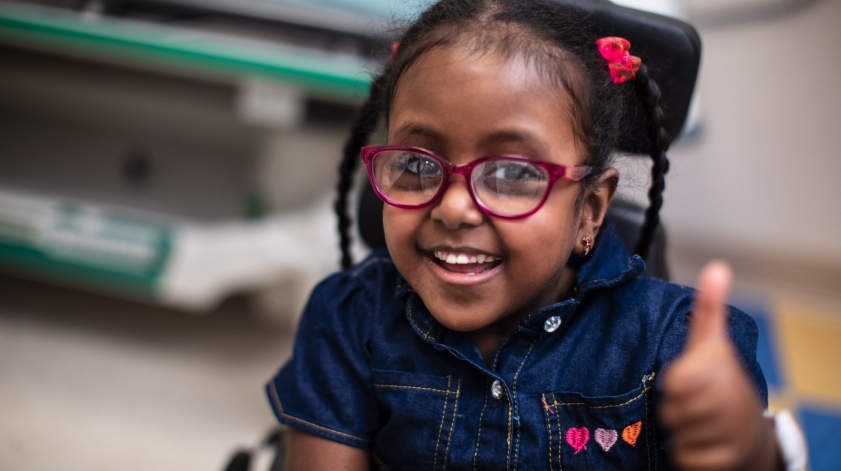At Children’s National Heart Institute, we focus on cardiac care, but our goal is for your child to be healthy and thriving in every way. We care about how your child’s heart condition and treatments affect his or her overall health and development, especially cognitive growth.
To monitor this cognitive growth in children born with congenital heart disease (CHD), Children's National established the Cardiac Neurodevelopmental Outcome (CANDO) Program – the only program of its kind in the Washington, D.C., metro region. We are a member of the Cardiac Neurodevelopmental Outcome Collaborative (CNOC), an organization that works to determine and implement best practices of neurodevelopmental and psychosocial services for patients with pediatric and congenital heart disease. We follow the guidelines put forth by the American Heart Association and the American Academy of Pediatrics, which recommend routine developmental evaluations as part of cardiac follow-up care.
Our Providers
Our pediatric specialists provide personalized care for your child’s physical, mental and emotional health needs.
Contact Information
For appointments, please call 1-888-884-BEAR (2327) and for information, call 202-476-6867.
The Heart-Brain Connection
Extensive research has demonstrated that children with congenital heart disease who are born blue or who need cardiac surgery in their first year of life are at risk for developmental and/or learning difficulties. Even if early milestones are reached on time, your child may develop learning difficulties in later years. Our dedicated CANDO program will work with your child from infancy through his or her adolescent and teen years to identify and manage any developmental problems, allowing him or her to grow to their greatest potential.
Features of our program include:
- Inpatient developmental care. While your child is in the hospital, our team makes recommendations to his or her medical team about their needs from a developmental perspective. Our multidisciplinary team meets weekly to ensure we focus on reducing stress levels in parents, encourage bonding and support a nurturing environment for growing and learning.
- Early interventions. The earlier we identify a problem, the better the opportunity for a successful outcome. If we determine your child has a developmental or learning difficulty, we will provide recommendations, plan treatment and work with your child’s cardiologist and pediatrician. Our goal is to begin a treatment plan before your child is old enough to attend school.
- Regular outpatient assessment and treatment recommendations. Our team meets with your child regularly to look for specific developmental, behavioral and neurocognitive problems. Evaluations begin in infancy and continue through your child’s transition to adulthood.
- Renowned experts. Our experienced team includes experts in child development, neurology and neuropsychology who are well-trained in identifying problems and planning treatment programs. Our clinicians have specialized experience in working with children with complex cardiac histories.
How the CANDO Program Helps Your Child
The CANDO program is a long-term care program. We are with your child often from birth through your child's transition to adulthood. This continuity of care means that we know our patients thoroughly, from their heart condition to their favorite ice cream flavor. We are always available to discuss your child’s treatment and progress with you.
The CANDO Program provides:
Comprehensive Profiles
Evaluations
Treatment Planning
Ongoing Monitoring
Enrolling in the CANDO Program
If your child undergoes heart surgery within the first year of life, he or she is automatically enrolled in our program. Before your family leaves the hospital, a CANDO team member will make an initial assessment, talk with you about further planning and arrange an outpatient appointment.
Other ways to enroll your child:
- A pediatric cardiologist can refer your child to our program at any age, as long as your child meets at least one of the following criteria:
- Had heart surgery in the first year of life
- Has a cyanotic heart defect (a congenital heart defect that results in a "blue" baby with lower than normal blood oxygen level)
- Has a heart defect and neurologic risk factor such as stroke, seizure or other neurological abnormality – even if surgery was not required
- There is a developmental concern during a routine exam in a child with CHD, even if surgery was not required
- Your pediatrician can refer your child or you can contact us directly after discussing whether your child qualifies
Additionally, if your child's surgery was many years ago or if they had surgery at another hospital, they can always come to Children’s National for developmental care.
Connect With Us
Plan for Your Child's School Experience
If you need help preparing for your child's educational experiences, you can reach out to our Education Coordinator Wanda Rankin.
Discover the latest
Help Along Your Child's Health Journey
Read strategies for learning at home and in the hospital, information about 504 Plans and IEPs, what school teams need to know and more.








